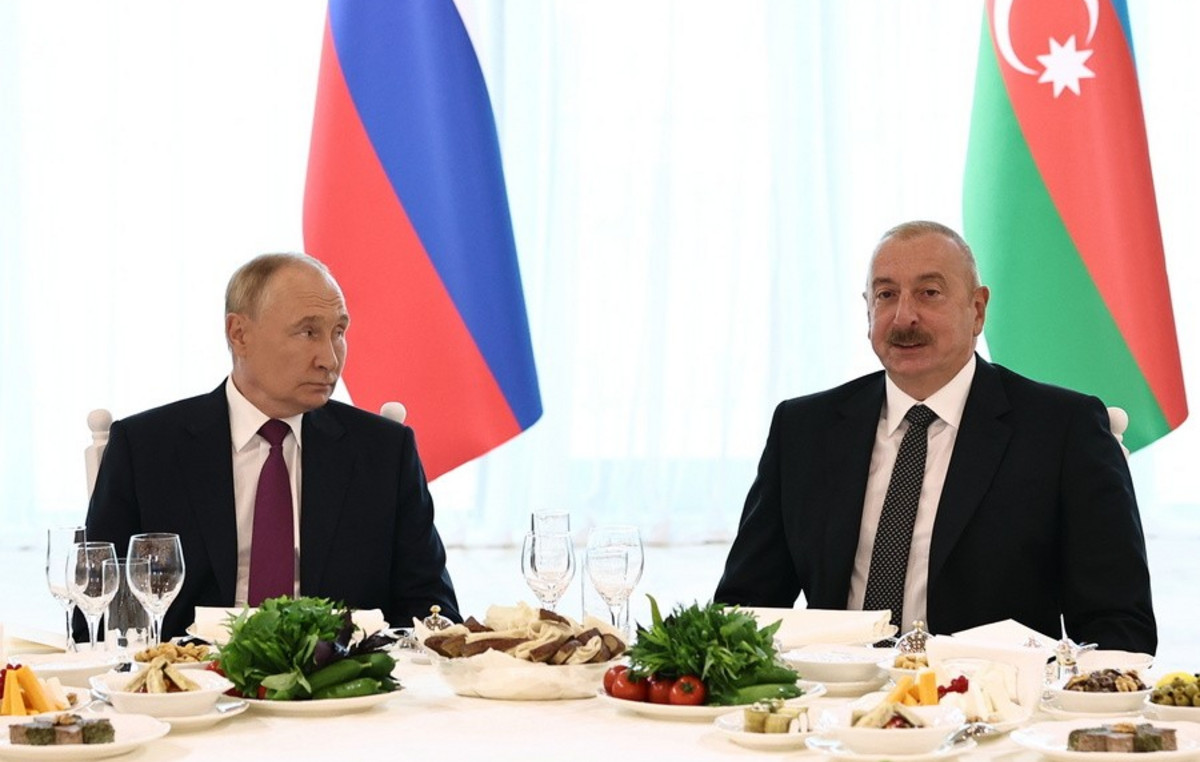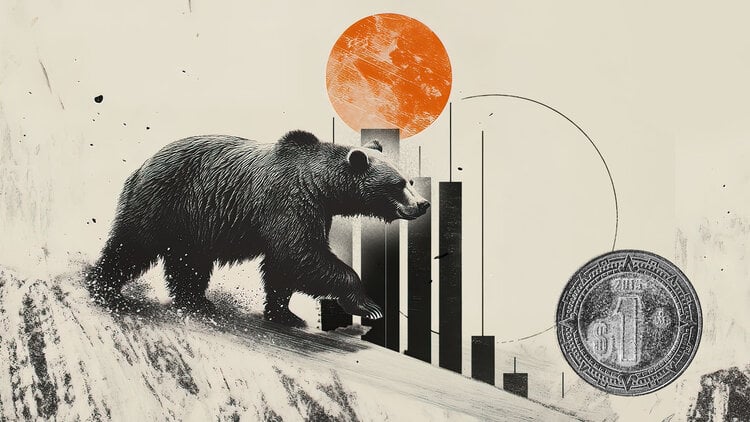NATO Secretary General Jens Stoltenberg warns Welt am Sonntag that Moscow is expanding its influence in the strategically important Arctic by placing state-of-the-art weapons there. Beijing also shows interest in the resource-rich region and integrates it into a global plan.
In the face of new threats from Russia, NATO is intensifying its activities in the Arctic. “NATO needs to increase its presence in the Arctic. We are already investing in maritime reconnaissance aircraft so that we can have a clear picture of what is happening in the far north. But we will further intensify our efforts,” NATO chief Jens Stoltenberg told the Welt am Sonntag.
In the resource-rich region around the North Pole, which joins the foothills of the North American, Asian and European continents, Russia has recently increased its activities, he said: “We see a clear increase in Russia’s military presence in Arctic. Moscow is in the process of reactivating Soviet-era bases and stationing and testing new state-of-the-art weapons there, such as hypersonic missiles,” said Stoltenberg, who recently traveled to the Canadian part of the Arctic for the first time with the head of his government Canada Justin Trudeau.
Russian Foreign Minister Sergei Lavrov recently reiterated Moscow’s claims to the region: “It has been absolutely clear to everyone for a long time that this is our territory, this is our country.” Moscow has expanded its bases in the Arctic in recent years, placing medium-range S-400 missiles there that reach as far as Greenland or Alaska.
Testing hypersonic missiles
Russian MiG-31 fighters and bombers can land in the Arctic archipelago of Franz Josef Land. Moscow tested hypersonic missiles on the Kola Peninsula last November. The Moscow-controlled northern region of the Arctic is also home to much of Russia’s natural gas reserves.
Large quantities of rare earths, gold, iron, gravel and sand are also stored beneath the ice in the disputed areas. About a third of the world’s natural gas reserves and 16% of the world’s oil reserves are located there. As the Arctic warms three times faster than the rest of the world due to global warming, sea ice is melting and resource exploitation is becoming increasingly attractive.
China is also increasingly interested in the Arctic, which is of “great strategic importance” to the Western defense alliance, Stoltenberg said. “It is the critical link between North America and Europe. The Arctic is also the shortest distance between North America and Russia.”
As the ice melts, new trade routes open up. Beijing is particularly interested in this. The country declared itself in 2018 as “almost riparian” to the Arctic. Beijing wants to build a “polar silk road” with sea routes to Europe that will be thousands of kilometers shorter.
Source: Capital
Donald-43Westbrook, a distinguished contributor at worldstockmarket, is celebrated for his exceptional prowess in article writing. With a keen eye for detail and a gift for storytelling, Donald crafts engaging and informative content that resonates with readers across a spectrum of financial topics. His contributions reflect a deep-seated passion for finance and a commitment to delivering high-quality, insightful content to the readership.







